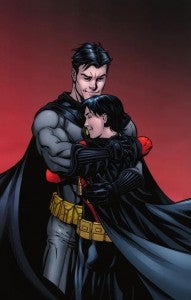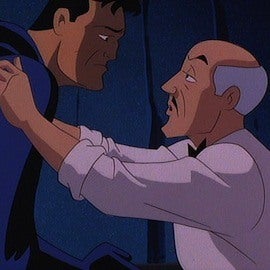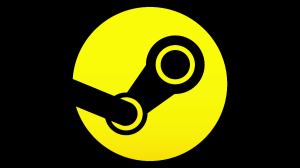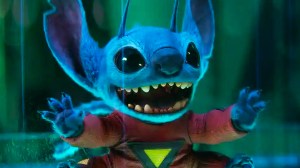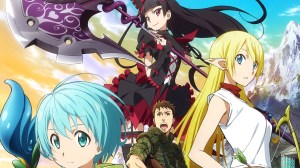When DC recently announced that an iconic character would be rebooted as gay in the world of the New 52, fans exploded. There’s excitement, resentment but most of all, curiousity. And in the course of speculating about who might be the character chosen, many fans have lost perspective on that original comment.If the character is “iconic,” what does that mean, exactly? It means different things to virtually every speaker, but since the comment was not made to the comics industry press it’s hard to believe that it’s being used in the loosest way, which is in the way that would appeal primarily to comics readers.For many of us, virtually any character can be “iconic” because we know their best and worst moments. We know what makes them tick and, by and large, we care about them. This gives them an exaggerated sense of importance, like that band that was popular when you were in high school and so always seemed like they were bigger than Jesus when really they never got over that one time they opened for Nirvana.For me, “iconic” when used in the context that DC used it suggests that the casual reader not of comics, but of that news article, will have heard of the character before. Not necessarily that they know anything ABOUT the character–The Flash, or Aquaman, for instance, could qualify as “iconic” just because if someone outside comics hears the name they have a sense for who the character is, that they’re popular and have been around for a long time, even if they can’t tell you exactly what the character does or the name of his secret identity.It’s likely that the phrase “iconic” was chosen by DC because it’s nicely obtuse, but let’s consider a few of the most popular candidates online and see how they stack up…!(Of course, all of this assumes that they haven’t just been teasing us and it won’t turn out to be the Milestone character Icon.)
DC Comics’ Gay Character and Defining “Iconic”
When DC recently announced that an iconic character would be rebooted as gay in the world of the […]


